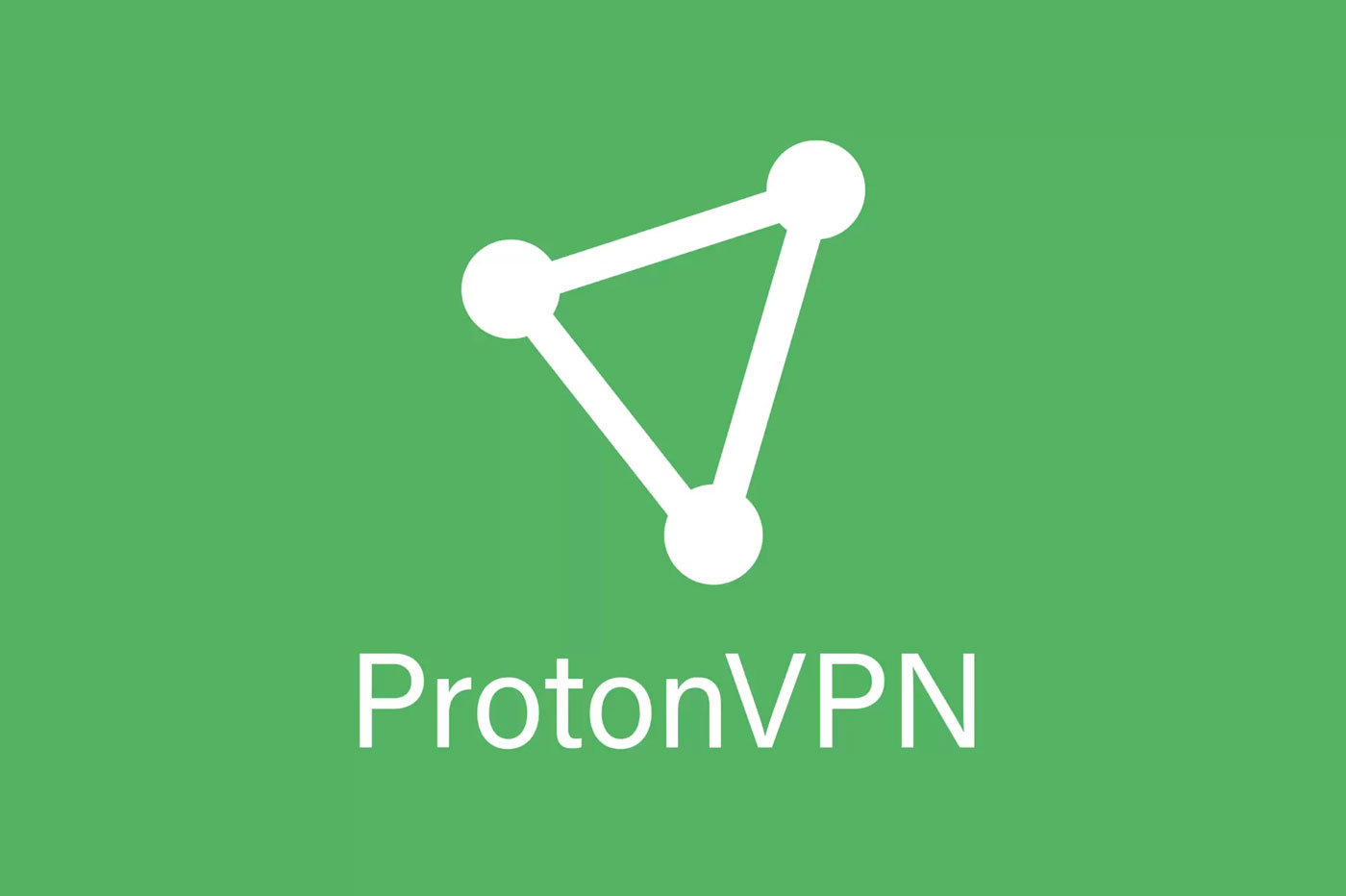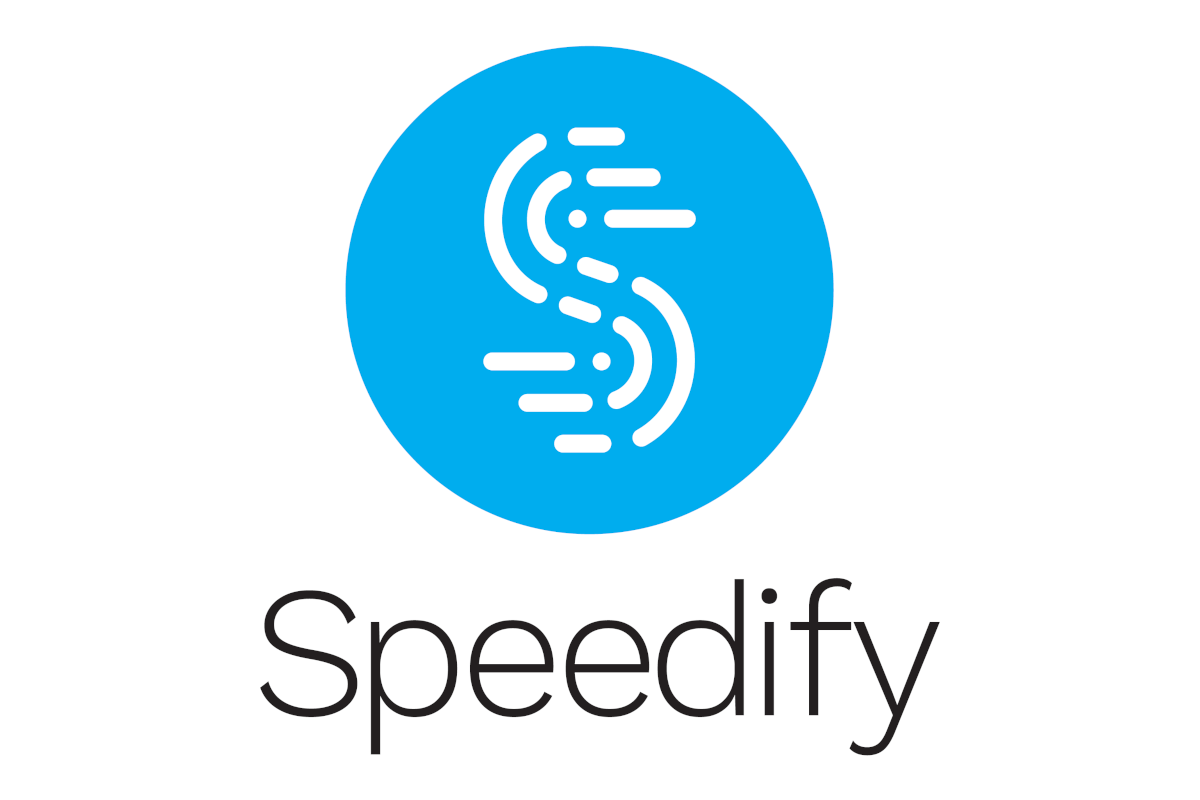Free VPNs aren’t just for PCs. You can also use them to step-up your security and privacy game on an Android phone or tablet. Whether you want extra security for your connection on a public Wi-Fi network, or to get around geo-restrictions for most of your favorite streaming services, a free VPN can help you do it at no additional charge.
The problem, of course, is that there are a large number of VPNs available on the Google Play Store. So which ones are worth your time? Our experts have tested a slew of VPNs, both for PCs and Android devices, and have put together a list of the best free options you can feel confident in using. Check out our top picks below. And if you’re looking to upgrade your Android phone’s security further, which we highly recommend, be sure to look at our recommendations for the best free antivirus for Android as well. Check out our guide to the best VPNs if you’re looking to cover multiple devices.
1. ProtonVPN – Best for unlimited use

Pros
- Fantastic speeds
- Easy-to-use multi-hop feature
- Supports TOR over VPN connections
If you only have one device to worry about, ProtonVPN is an excellent choice. This free service provides what the company calls “medium speeds,” meaning you don’t get access to the 10 gigabit-per-second servers that paying customers do. Still, the speeds are just fine, but what you won’t find here are any servers supporting Netflix streaming. That’s another premium feature; however, you can still likely get other streaming services that aren’t as actively fighting against VPNs the way Netflix is.
ProtonVPN has an excellent privacy policy, there are no data limits, but you will have to create an account to use this service even when it’s free. ProtonVPN Free provides three country choices.
Read our full
ProtonVPN review
2. Windscribe Pro – Best for multiple devices

Pros
- Secure.link Generator is a helpful link-shortening service
- Works with Netflix
Another solid choice for Android users. You won’t get the unlimited usage like you do with ProtonVPN. Instead, you get up to 10GB of browsing per month. But there are no device limits, and you have 10 country connection options.
Windscribe requires a confirmed email address to use its free service. Windscribe’s privacy policy is good, but it does track bandwidth usage to keep you to those free limitations.
Read our full
Windscribe Pro review
3. Hide.me – Best for no sign-up usage
Pros
- Good download speeds
- Easy-to-use Windows app
- No-logs promise
Cons
- Speeds were inconsistent in our tests
- Expensive single year subscription
Hide.me has pretty good speeds, and like Windscribe you’re limited to 10GB per month. Hide.me offers five connection choices including two U.S. locations (east and west), Canada, Germany, and the Netherlands. Hide.me doesn’t require an account for signing up making it seamless and easy to use.
Read our full
Hide.me review
4. Speedify 10 – Best for leveraging both cellular and Wi-Fi

Pros
- Very good speeds
- Speedify’s failover feature seamlessly transitions between Wi-Fi and cellular networks
Cons
- Privacy policy says it collects some personal information
- Desktop mode for the Windows app needs work
A solid VPN choice for anyone using the VPN on a phone. Speedify’s specialty is a seamless VPN transition between Wi-Fi and cellular. Typically, when you go between Wi-Fi and cellular the connection drops and restarts, but with Speedify it just keeps on going, which is nice. It also harnesses your Wi-Fi and cellular together to try and boost connection speeds.
Speeds are pretty good with Speedify staying within the top 15 for speeds overall. The downside of this free offering is that you only get 2GB of data usage per month. That’s not much, which is why this is our last suggestion. But if you need something simple for basic web browsing Speedify is well worth a look.
Read our full
Speedify 10 review
What to look for in a free VPN for Android
This will follow a lot of the advice we’ve already given for free stuff when it comes to Android. Google is doing a better job than ever at keeping harmful apps out of the Play Store, but there is still a chance of some random VPN app having malicious intent. Another problem is that even if the app is fine, the service itself may be up to no good.
For those reasons we always advise going with a well-known VPN service provider to reduce your chances of running into security issues.
Next, you want a free app that is truly free. Not some 7- or 30-day trial that will automatically start charging the card connected to your Play account after the trial period. You should also read over the privacy policy to make sure there’s nothing there you’re going to have a problem with.
Finally, you want to make sure the VPN has data limits that suit your needs.
How we tested
Speeds were based on our tests for Windows using an Ethernet connection. Clearly, on an Android device relying on Wi-Fi the speeds will be very different. Still, they give us an idea of how much slower the connection will be once the VPN is active.
We also checked out the VPN’s privacy policy to make sure there’s nothing objectionable there, and we took a look at the interface to see if it’s easy enough to understand how to use it.
If you need a VPN for your Android phone or tablet these four services should be at the top of your list for consideration.
If you’re interested in using a VPN with more than just your Android devices, take a peak at some of our other best VPN roundups to see what’s available:




